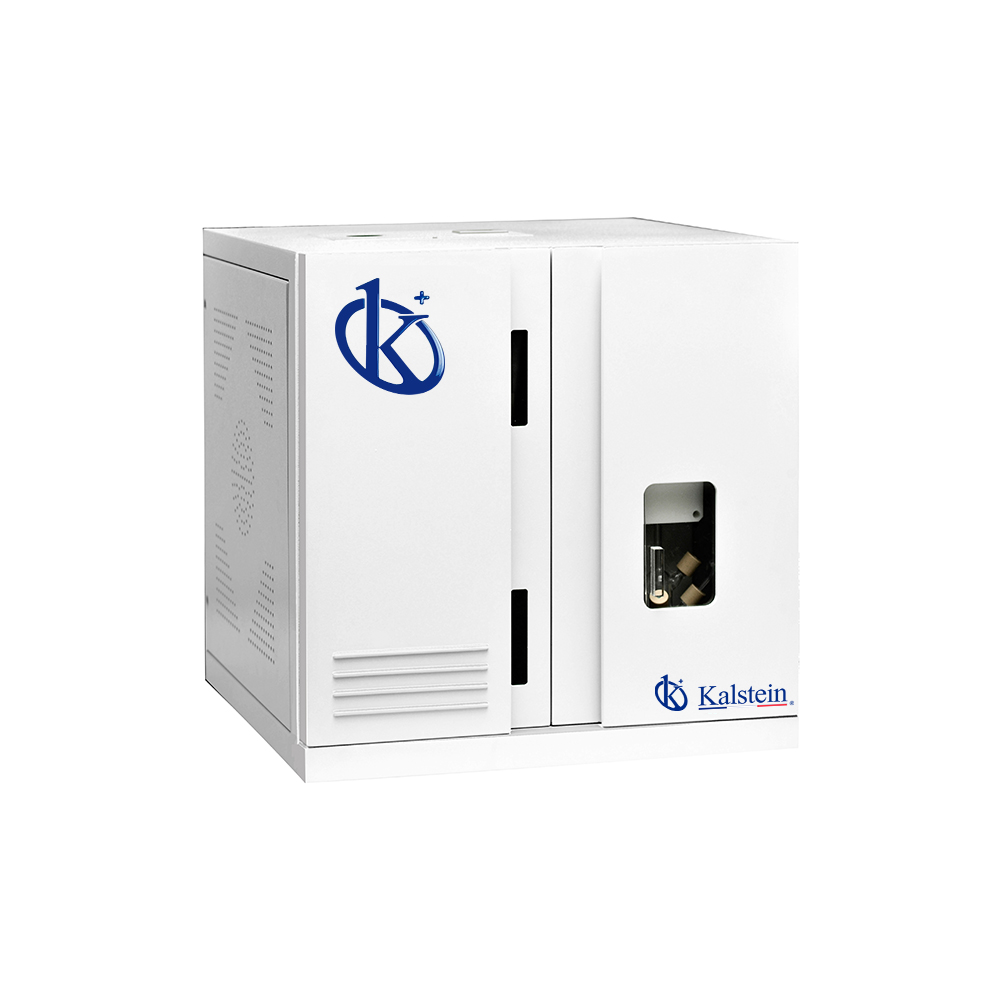Monitor water quality and safety, industrial and research laboratories rely on an important instrument: the Total Organic Carbon Analyzer (TCOA). This equipment is a vital component of quality control procedures and sanitary supervision, as it helps to determine the amount of organic carbon present in a water sample.
Through this control, the presence of organic contaminants that may pose risks to human health or aquatic life is evaluated. The Total Organic Carbon Analyzer maximizes efficiency and accuracy in water quality assessment. Its ability to detect and quantify the level of organic contaminants provides an invaluable tool in water safety monitoring. This role is especially critical today, when monitoring, protecting and conserving our water resources is increasingly vital.
How the Total Organic Carbon Analyzer Instrument Works
The operation of a Total Organic Carbon Analyzer is a multi-stage process that begins with the oxygenation of the water sample. This process, known as oxidation, converts any carbon present in the sample into carbon dioxide (CO2). These sensors detect and quantify the presence of organic carbon in the sample.
The amount of CO2 produced is proportional to the amount of organic carbon lost during oxidation, allowing analysts to determine the total organic carbon content. Among the main features of this instrument is its ability to differentiate between CO2 produced by organic compounds (total organic carbon, or TOC) and that generated by inorganics (carbonate anion, CO3-). This analysis provides a much more complete and accurate assessment of water quality.
Total Organic Carbon Analyzer Applications and Benefits
ACOT plays a crucial role in a variety of areas. These include water quality monitoring in municipalities, contaminant control in wastewater treatment, and water safety verification in the food and pharmaceutical industry. In addition, it contributes to the investigation and analysis of seawater, groundwater and rainwater in geological and environmental studies.
This instrument, the ACOT, offers laboratories several advantages. These include accuracy and speed, as it can measure organic carbon at very low concentrations in a relatively short time. Also allows multiple analyses to be carried out at the same time, making it considerably efficient for processing large numbers of samples.
The future at Kalstein
You want to buy at the best price, visit us HERE where you will find the different Kalstein YR models of TOC analyzers, which are available for any requirement of health centers, in addition to having the best advisors to accompany you during the purchase process. We at Kalstein as a manufacturing company, also have for you a 3D platform, where users, manufacturers and distributors can sell, rent or offer new or used equipment anywhere in the world, enjoy being seen, you are more.

